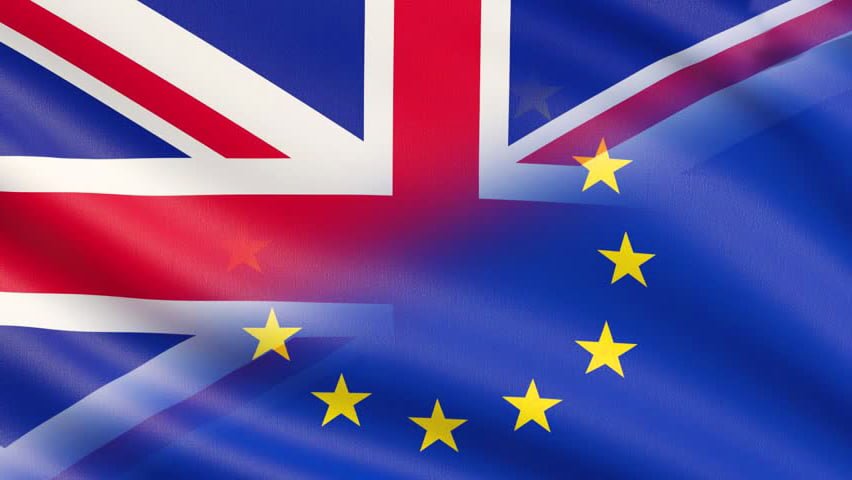Four years after our Brexit vote we are now well into the final furlong and in terms of achieving a trade deal with the EU, brinksmanship is now at the heart of final negotiations. We look at just a few of the big questions in this blog including Australia or Canada terms, Brock disruption and Tariffs.
Deal or no deal ?
Despite all the tough talk, most commentators still believe it is 50/50 that the basis of an trading and economic relationship with no tariffs can be reached, although probably the small economic issue around fishing access in British waters is potentially the biggest threat to the UK walking away with “Australia” terms, i.e. No deal. The EU has £360bn trade to the UK and the UK has c. £290bn to the EU nations. Both have a lot to lose in terms of trade, but the EU slightly more. With national debt increasing, a second and maybe extended lockdown in play and GDP falling for all, is there really an appetite to put any of that at risk and walk away?
Australia or Canada terms ?
Just to explain, the purported UK favoured option of “Australia Terms” is code for no deal and moving to WTO tariffs while spending the next few years working on a set of deals around different categories of products and services. For the UK it delivers on the key principles of the Brexit vote which gives it credence for the politicians. It basically buys time, typically a few years, to conclude any form of movement away from WTO and ideally towards a free trade deal. It may allow both sides the opportunity to claim some degree of success politically by not have backed down in the negotiations. However, it is likely that it will be viewed as an economic loss for all as WTO rules are the immediate default.
A “Canada style” deal however is code for a Free Trade Deal but with a few anomalies taken into consideration as agreed by both sides. This is undeniably the preferred economic route for the UK, as the anomalies open the door to having the economic trade benefits of EU partnership, but removes the responsibility to follow EU rules on a vast range of activities including the all-important self-rule and sovereignty red-lines of the UK government. It is a compromise that can appease all parties both politically as well as economically. Worryingly though, is its lack of free trade in Services which would be subject to some difficult negotiations. It doesn’t tick all the boxes for the EU however. For the EU, it could be a dangerous path to tread and sets a precedent that undermines the economic structure of being a remaining country member of the EU. It may also take several years to finalise the free trade arrangement details and exceptions. Given that, there may be an opportunity for an interim deferral of tariffs and quotas, which would be economically desirable on both sides.
Operation Brock
It’s definitely due to be in place from December 31st. The UK government has now shifted once again to focussing on the “inevitability” of Operation Brock with its M20 contraflow and huge parking areas and new customs clearance sites near the Channel ports. The government acknowledges a worst case scenario of 7,000 trucks waiting to cross to the EU with goods. The documentation will inevitably be a major contributor to disruption in these early months and it may cause a rethink for some operators about the viability of import/export in the early months of 2021.
Tariffs
Of course, it’s not just disruption that’s at stake in the negotiations, but of course tariffs which under WTO (World Trade Organisation) rules could see a range of tariffs typically from 10%-30% being imposed on goods moving between the UK and the EU and quotas being limited or subject to increasing tariffs. Clearly this damages trade at a time when we can least afford it. Economies are already under strain with the Covid-19 pandemic timing on the back of what was an emerging economic recovery from a damaging 10 year recession.
Which way will it go?
No-one can really call it right now. The stakes are huge. We have a political v economical argument to resolve and from our industry perspective, we can hope that the economic rationale prevails for the benefit of us. However, negotiations are led and agreed ultimately by politicians. The next few weeks will be decisive with things in the balance. We still can’t rule out a deferral period again, but the odds are not favourable with this option as we move to either a deal described as Australian or Canada Terms.
Be prepared
Never has that old adage been more relevant. Whatever the outcome, and despite the best efforts of our trade associations, we as an industry now have little influence on the outcome. We must all prepare for change. Prepare for the worst (depending on how you judge that), but hope for the best, seems to be the common-sense, practical view right now.

